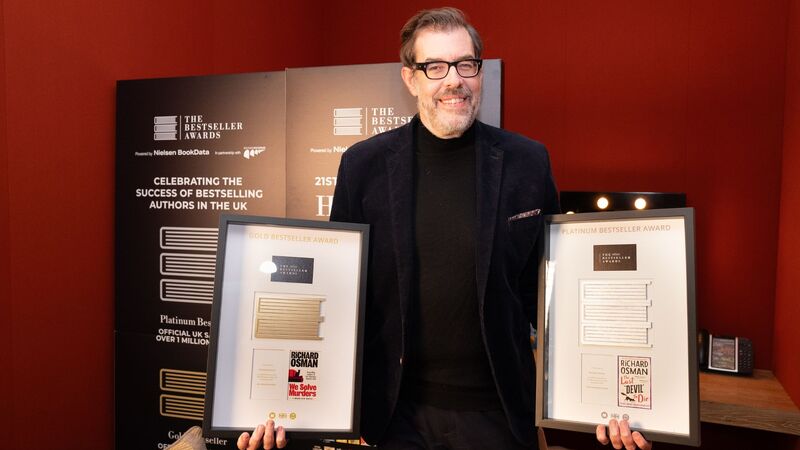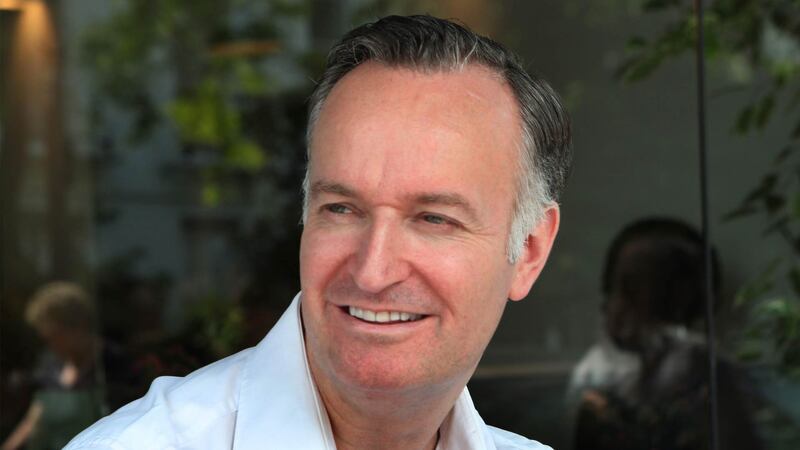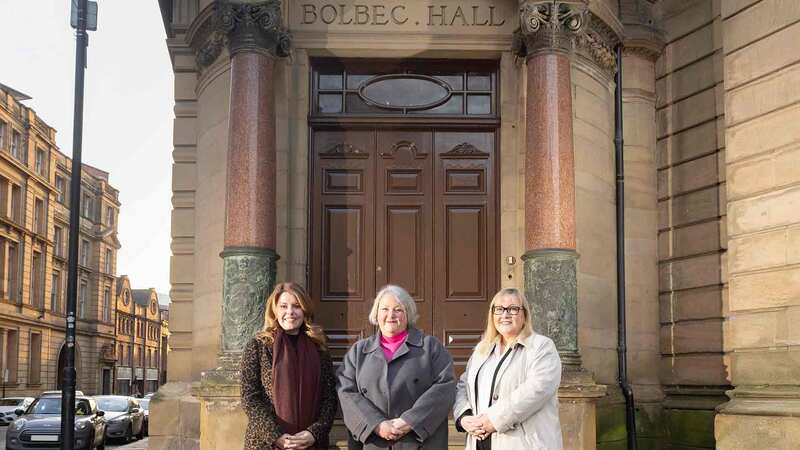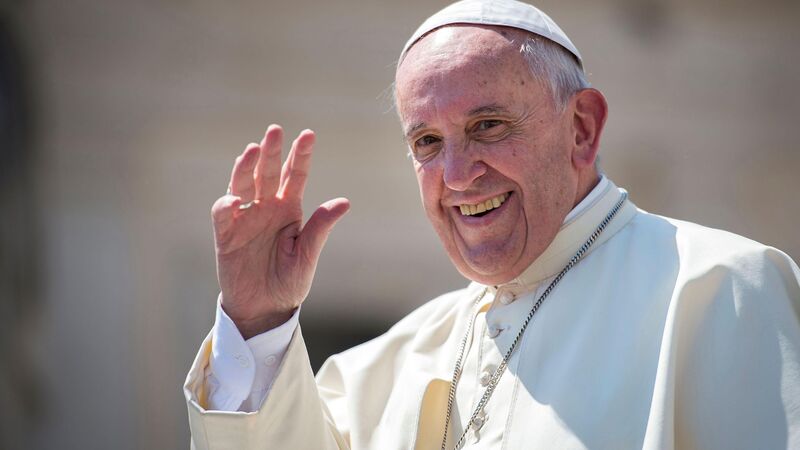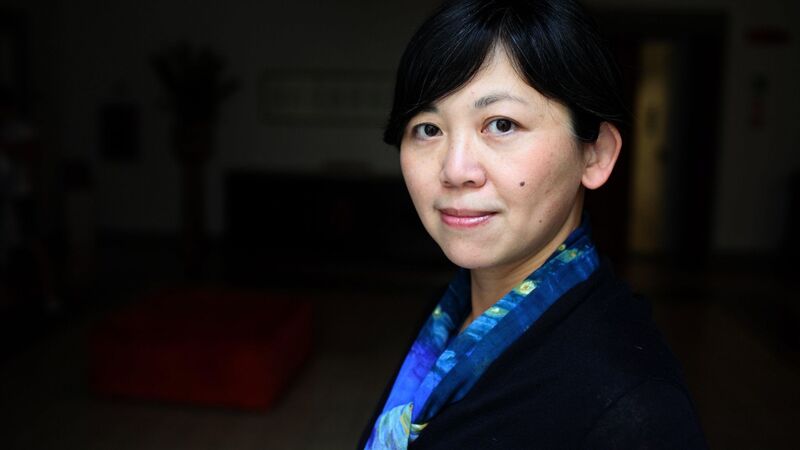You are viewing your 1 free article this month. Login to read more articles.
Khorsandi withdrew from Jhalak Prize for fear of 'alienating' audience
Shappi Khorsandi has expanded on the reasons for her decision to withdraw Nina is Not OK (Ebury) from the Jhalak Prize longlist, saying she wants her writing to be "inclusive" to all her readers. Initiatives such as the prize, which honours books by British, Asian and Minority Ethnic (BAME) authors while "incredibly well meaning", could give "ammunition" to racists, she added.
In interview with Radio 4's Today programme on Saturday (7th January), Khorsandi said the inaugural Jhalak award came at a politically sensitive time for immigrants.
"The political seas at the moment are so hostile towards anyone who is a newcomer [in this country]," Khorsandi said, adding that she was uncomfortable with categorisation based on skin colour because it excluded white immigrants from countries such as Poland with whom she might have "an ocean in common".
"In my opinion there are Polish people in our country who are recent immigrants or second generation immigrants, who come across prejudice, and they are not included in this category, their immigrant experience is not included in this category. I felt I could have an ocean in common with a Polish immigrant but, by the colour of my skin, I am in this camp.
"I feel uncomfortable for myself with the notion of this particular category. I’m thinking about readers. You ask, ‘Should a reader be aware of someone’s ethnicity?’; I’ve had so many messages from my readers, many of them white, and ages ranging from 16 to 65. If I bring my ethnicity into prominence, I feel in danger of alienating my audience. A white girl from Scunthorpe will go, 'oh right, so you’re not with me'. I want to be inclusive with my writing," said Khorsandi.
She said: "I withdrew it because even though I was in fine company - that was an incredible list to be in amongst - and I understand the intention behind it is incredibly well meaning, for me it felt unnecessary and particularly as my book Nina is Not Ok is about a 17-year-old alcoholic. It’s a story about addiction and it's not a a novel that grapples with national identity or ethnic identity, and it felt that purely based on the accident of my place of birth and my skin colour I was included in a sub-group."
Khorsandi suggested the focus of a book award for BAME authors would be better directed towards promoting the efforts of unpublished writers.
"I think that’s a question for publishers (raising awareness and publishing books by more BAME authors), and it’s a very important question for publishers, but my book is published. Perhaps if we want to put a spotlight on this, [we should] have an award for unpublished writers... I feel [this] because I know how difficult it is, I’ve lived in my own skin for over 40 years. But I think this kind of thing at the moment, in the current climate and the way we’ve moved on as a country and as a culture, it gives ammunition to the very people whose attitudes we oppose," she said.
Guardian journalist Gary Younge, who was also longlisted for the prize, said in the same interview that the problem lay in "so far as we've moved on, we haven't actually moved that far". He highlighted that Man Booker prize winner Paul Beatty was passed over by 18 publishers before he got a book deal, while the prize's 2015 winner Marlon James took several passes before he was taken on. "I’ve been writing books since 1999: all my editors have been white, all the publicists have been white," added Younge.
Sunny Singh, co-founder of the Jhalak Prize, on Friday (6th January) told The Bookseller she was "disappointed" by Khorsandi's decision but "respected" it.
"I can only say that although I am disappointed, I respect her decision," she said. "The Jhalak longlist was compiled with much enthusiasm, love and respect for the extraordinary quality and range of work that was submitted. The judges believe that each of of the books on the longlist is there on literary merit and deserves as wide a readership as possible."





